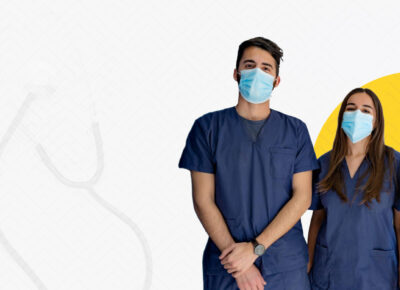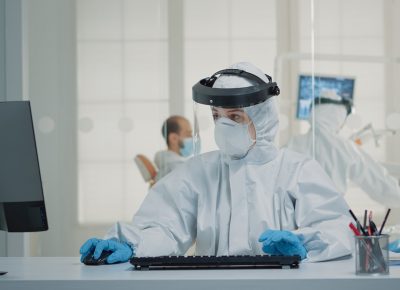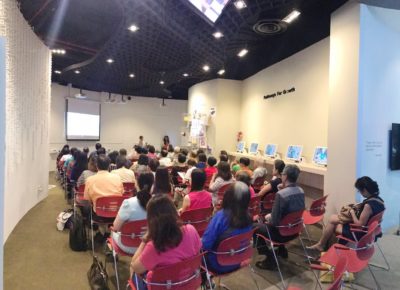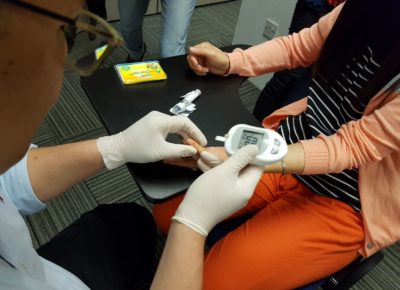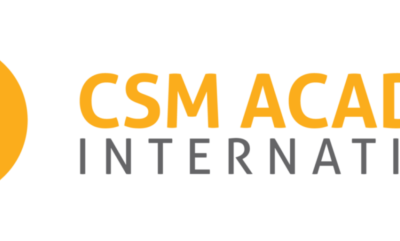
Whenever people think about the healthcare industry (health science), they are imagining doctors, surgeons, paramedics, and prestigious careers that can only be accessed after years of specialized training and education. Furthermore, the laurel comes with its own weight manifested as a high level of stress, poor work-life balance, and the lack of transferrable skills in case the practice does not work out. While it is true that being a healthcare worker is a noble profession, intended for the highest caliber of character, there are more ways than one to join this esteemed body of social dignitaries.
Every aspect of healthcare is anchored in science, the process of questioning, hypothesizing, experimentation, and knowledge application. And the science of healthcare is anchored in clinical research. Its content ranges from nutrition to neuroscience, from the study of viral formation to their termination, from the identification of everyday enzymes to the discovery of new variants of microscopic life. Clinical research is the erudite twin sister of medical practice, steeped in theory and science, sustained by the advent of technology. In many ways, clinical research is just as desirable a career field as reputable medical doctors, respectable surgeons, and admirable paramedics.
Clinical research is put to apply the same medicinal expertise, shouldering the same communal mission, but do so in vastly different ways. Being a doctor demands insurmountable cognitive labor, where you have to handle the stress of having life and death on your hand. It is not within the expectation that one who wears the scrubs should fall ill physically, not to mention mentally. For the pharmaceutical academics taking on the role of a clinical researcher, your day consists of running clinical trials in a sterile laboratory setting, consolidating biostatistics, filing research reports, management of overall operations, etc. It is every bit as important as the other medical professions, but as it was, there are all kinds of jobs to meet all kinds of personalities. If you feel that you are unaccustomed to the vibrant, volatile environment of the hospital ward, you may consider this path as a means of servicing the community in the healthcare industry.
The path to becoming a medical doctor is publicly known to be one of the hardest of all careers. Aspiring students typically go through 4 years of undergraduate in medicine or a relevant field, followed by another 5 years of medical school, followed by a period of medical residency before they earn the coveted board certification. In the long academic journey, many are shadowed by doubt over their suitability in this career, yet afraid to back out to lose the investment in precious time and a hefty sum of money. The path to becoming a clinical research scientist is decidedly simpler, simply go through specialized training lasting one or two years at most after completion of an undergraduate degree. It does not mean clinical research is a less professional, less sustaining career in healthcare: the average salary of a Clinical Research Associate is in the range of SGD $ 50000 to 60000, and for Clinical Research Specialist, upwards of SGD $ 80000 to 90000; it just a career path that offers equal opportunities for those who are scarce on expendable time and money, to fulfill their dreams.
Being a clinical researcher does not confine you to healthcare. The set of skills and knowledge you acquire is highly transferable, more so than medical school’s curriculum. There is a branch of science for every matter under the sun, and every single one of them requires research. The knowledge of laboratory maintenance and data collection/analysis enables you to be a chemist, a biologist, or perhaps even a physicist.

To become a Clinical Researcher, CSM Academy International has partnered with Workforce Skills Qualification (WSQ) to develop the WSQ Diploma for Clinical Research. The course is available in full-time lasting 8 months, or in part-time lasting a total of 14 months. As supported by SkillsFuture (SSG), 50% and 90% subsidies are available for the course. Graduates may work at pharmaceutical organizations, drug development and trial industries, and much more.
Learn more about our WSQ Diploma in Clinical Research course offering here.

